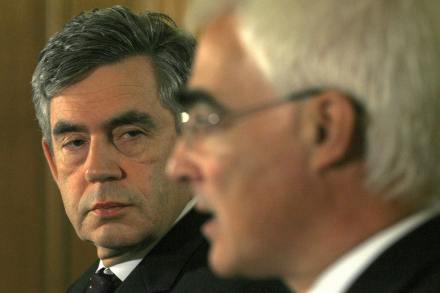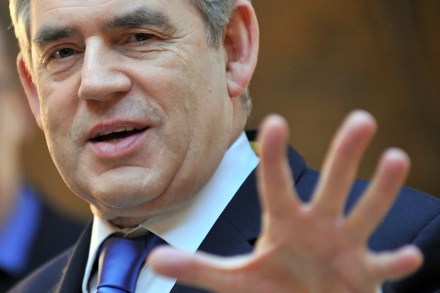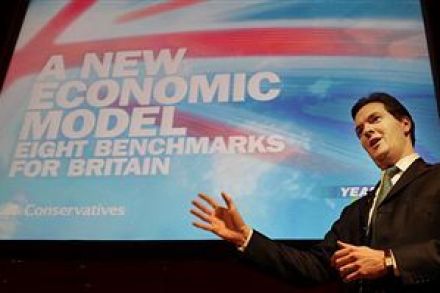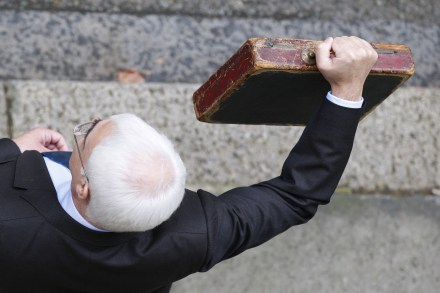How Brown would get Darling out of the Treasury
After reading Brown’s claims in the Guardian today, this Kill A Minister mechanism in his speech today rather jumped out at me: “I will set out a clear and public annual contract for each new Cabinet Minister, detailing what I expect them and their department to deliver to the British people, and that their continued appointment is dependent on their delivery just as it would be in a business or any other organisation.” I mean, you can just imagine what Alistair Darling’s first “contract” would look like: You, the Chancellor, will undertake to deliver the following to the British people: i) Economic growth of 5 percent in 2010-11 ii) A



















